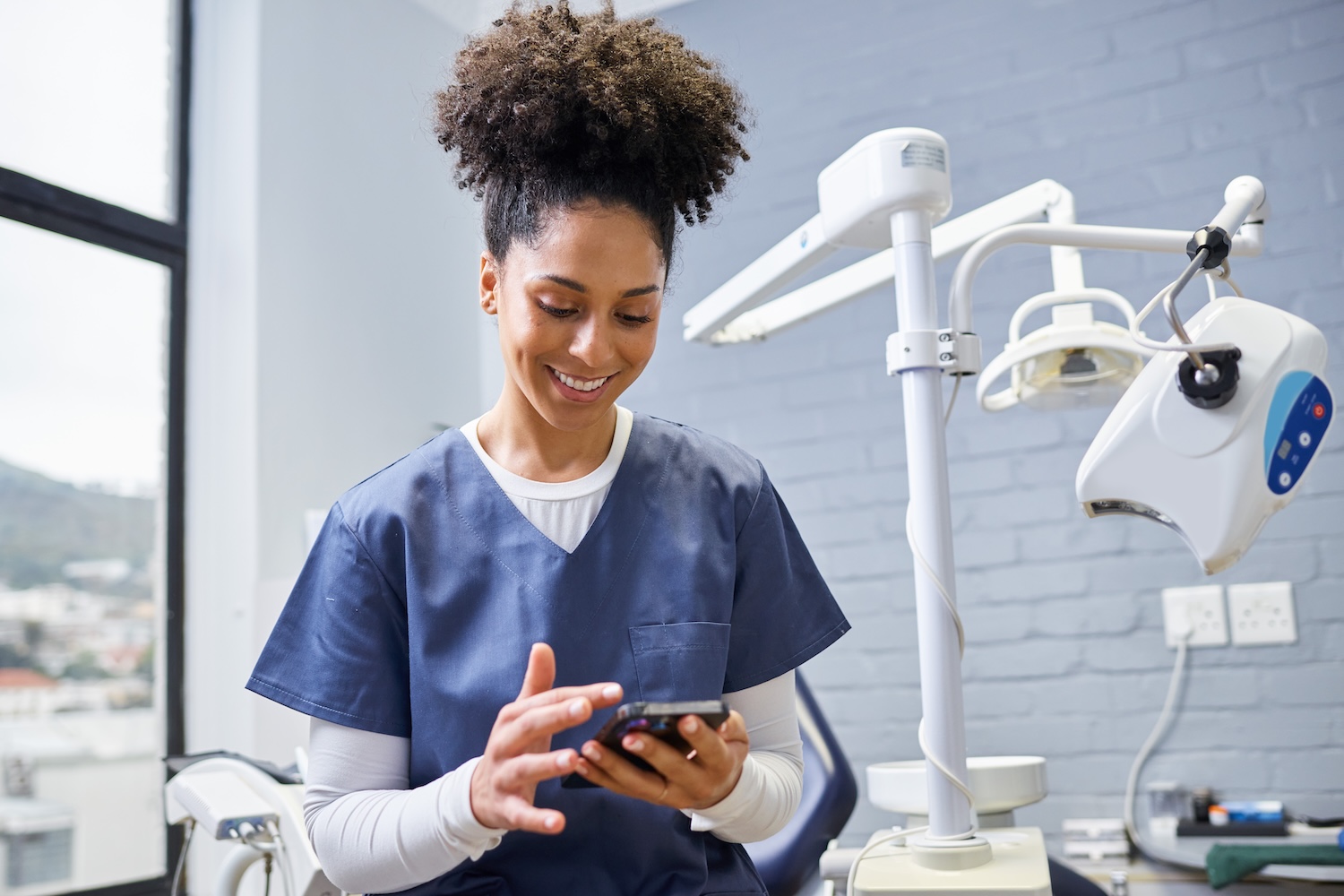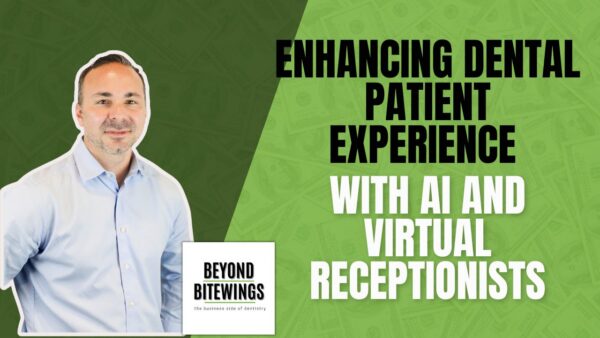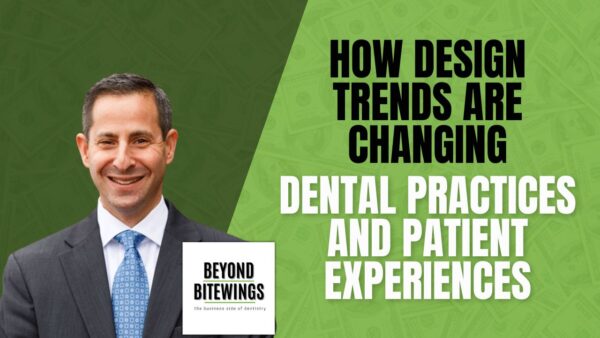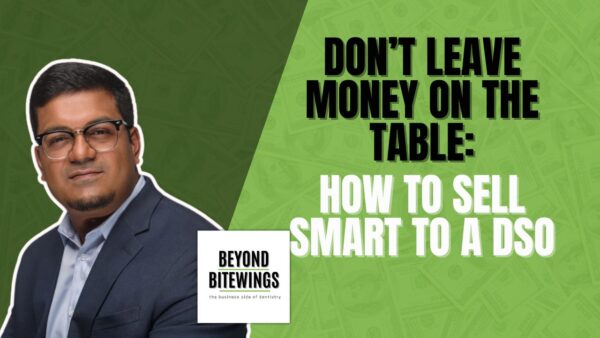In this episode of Beyond Bitewings, host Ash sat down with Cindy Lozano, co-founder of Nomad Mobile Dental Specialists, to discuss how her company helps general dental practices keep specialty procedures in-house. Rather than referring patients to outside specialists for endodontics, periodontics, oral surgery, or even advanced procedures like all-on-four implants, Nomad provides the specialists, assistants, and equipment directly to the general practice. This approach allows practices to keep both the patient relationship and the associated revenue under their own roof.
Cindy explained that Nomad handles nearly everything needed for specialty services, from training staff on specialty insurance verification to bringing in their own assistants and disposables for procedures. The only responsibilities left to the practice are managing patient payments, filing insurance claims (if they choose), and providing sterilization space and the dental chair. Nomad carries malpractice insurance and works with practices to integrate seamlessly, tailoring the arrangement to each office’s workflow.
Financially, the model is designed to be simple and low-risk for practices. Instead of paying upfront, practices agree to share a pre-set percentage of the specialty production with Nomad, while retaining the rest. Cindy shared examples of practices that have grown dramatically, with one office increasing daily production from $3,000 to $25,000 through consistent use of Nomad’s services. In some cases, practices that never realized they needed specialty support have seen up to $90,000 in monthly production once Nomad helped them identify patient opportunities.
Flexibility is central to Nomad’s approach. Some practices schedule visits every few weeks, while others bring Nomad in multiple times a month. The service is not one-size-fits-all; Cindy emphasized that each partnership is tailored to patient demand and practice needs. Even offices that handle some specialty cases themselves can rely on Nomad for complex or high-risk procedures, allowing them to provide a broader scope of care without losing patients to outside referrals.
The conversation also touched on implementation. Nomad typically introduces itself through a lunch-and-learn with the office team, followed by a pilot day about six to eight weeks later. From there, the frequency of visits is set based on patient volume. Cindy underscored that their model isn’t about running another practice’s operations but creating a genuine partnership that adds value on both the patient and business side. For practices, that means less lost revenue, greater patient satisfaction, and a more complete set of services under one roof.




